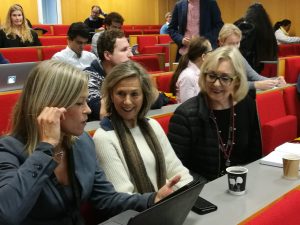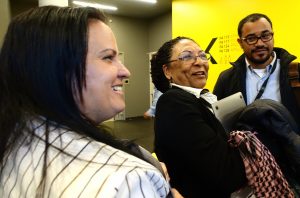
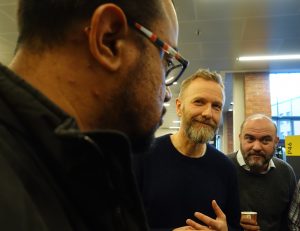
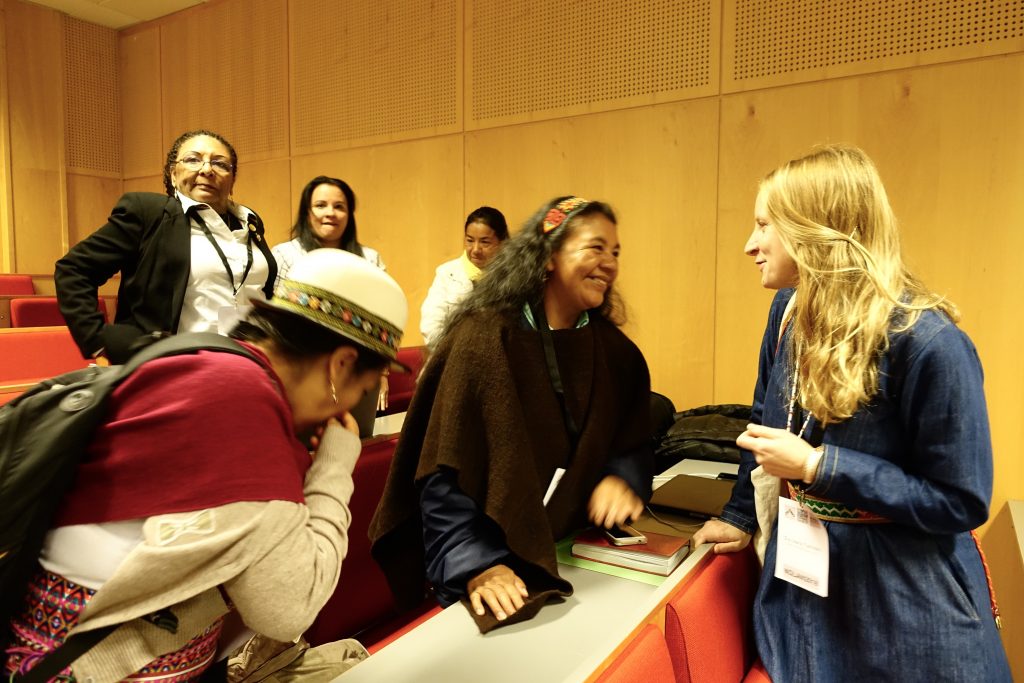
A diverse and engaged audience participated at the 10th conference of the Nordic Latin American Research Network, the 25th and 26th of October at MET University in Oslo.
Some of the questions that were raised and discussed at the conference were: How are social movements and cultural expressions reacting to and interpreting the current realities in Latin America? Are there any signs of new movements and trends emerging? How does a new generation of writers, filmmakers and other artists depict the current state of art in Latin America?
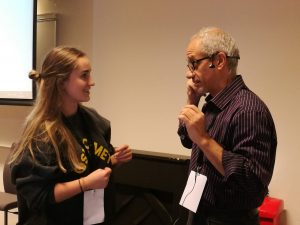
Latin America is experiencing dramatic change. With the Anthropocenic age, climate patterns are changing. Floods, droughts and hurricanes are more common and they are affecting millions of lives in the region. Changes in weather patterns harm the rich biodiversity of the region. How does climate change relate to existing conflicts in the region?
In geopolitical terms, Latin America is forming closer ties with China while the role of Western Europe and the USA is changing. This raises questions of whether this means a move away from a colonial and imperialist world order, or if it is just a new chapter in the history of dependency, characterized by the exploitation of natural resources.
 In domestic politics, much of the optimism that came with the so-called Pink Tide has vanished. The ousting of Dilma Rouseff and the deep crisis of the Chavista regime in Venezuela seem to mark the decline of the Left in the region. At the same time, a 60-years period marked by leftist guerrilla movements seems to have drawn to an end with peace agreements in Colombia. What does the recent weakening of left-wing forces in the region mean for the future of democracy and development policy?
In domestic politics, much of the optimism that came with the so-called Pink Tide has vanished. The ousting of Dilma Rouseff and the deep crisis of the Chavista regime in Venezuela seem to mark the decline of the Left in the region. At the same time, a 60-years period marked by leftist guerrilla movements seems to have drawn to an end with peace agreements in Colombia. What does the recent weakening of left-wing forces in the region mean for the future of democracy and development policy?
